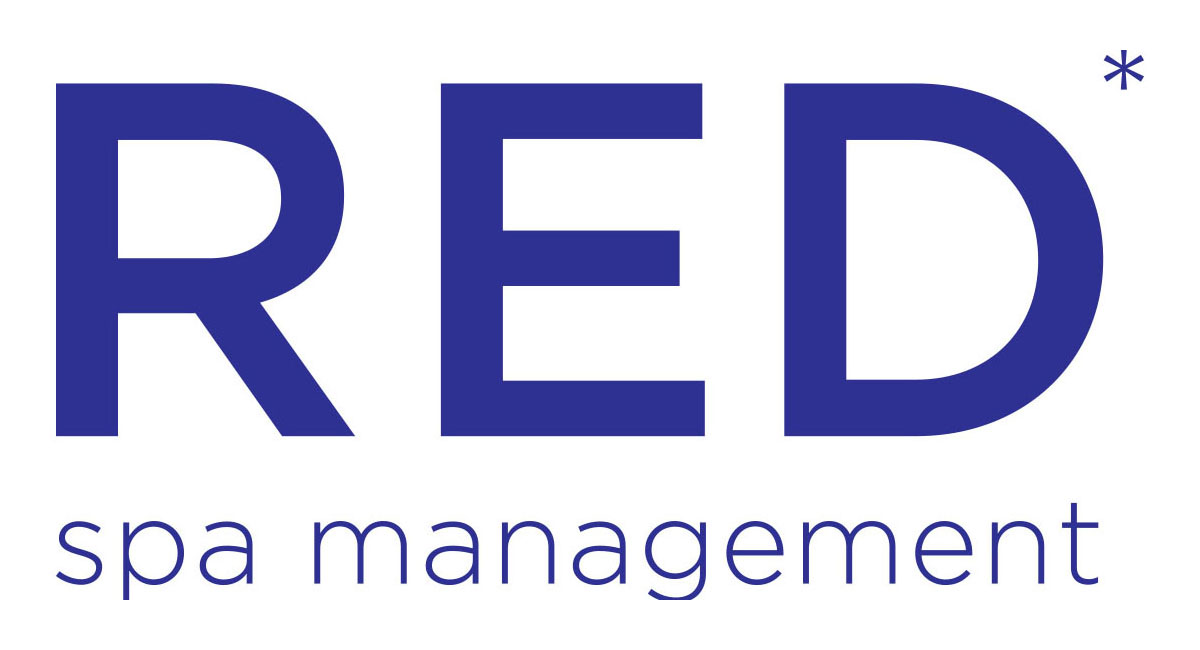
- Be as receptive and open to the process as possible.
- Do not eat just before a massage session.
- Be on time. Please let your massage therapist know in advance if you need to cancel.
- Many massage therapists require a 24-hour notice.
- If you do not want to remove all your clothing, wear clothing that you will be comfortable wearing during the massage and will allow the massage therapist to touch and move the areas of your body you expect will need to be worked on.
- Give the massage therapist accurate health information.
- Good communication is very important.
- Before the session, let your massage therapist know what your needs are.
- During the massage session, report any discomfort, whether it is from the massage or due to any problems or distractions related to the environment, e.g., room temperature, music volume, lighting, etc.
- Feel free to give feedback to the massage therapist regarding the massage, e.g., amount of pressure, speed of movement, etc.
- Do not be afraid to discuss any apprehensions or concerns.
- Let you massage therapist know if you have any preferences regarding music if it is available.
- Some people like to talk during a massage session, while others remain silent.
- If your massage therapist encourages you to talk or not talk, it is usually based on whether or not it seems to help let go of tension and getting in touch with oneself.
- Sometimes talking can be a way of unburdening oneself or opening up.
- Sometimes being silent can be a way of letting go of thoughts or concentrating.
- On the other hand, talking can be a way of "being in the head" and out of touch with one’s body or feelings; and being silent can be a way of holding back or not opening up.
- Breathing helps to facilitate relaxation.
- People often stop or limit their breath when they feel anxious or a sensitive area is massaged.
- Tightening up, i.e., contracting or hardening your muscles during the massage is counterproductive.
- They may need to adjust the massage technique being used. They may also be able to help you relax the affected area.
- If you find your thoughts are racing during the massage, one way to be more body-centered and to quiet the mind is to follow the hands of the massage therapist and focus on how the touch feels.
- If anything is happening during the massage that you dislike or seems improper, you have the right to ask the massage therapist to stop. If necessary, you also have the right to end the session.
- If you are dizzy or light headed after the massage, do not get off the table too fast.
- Drink extra water after a massage.
- Allow for some open, quiet time after your massage session if possible. Sometimes one needs a little time to integrate or absorb the results of the massage session or needs some "re-entry" time.
- The therapeutic effects of massage are cumulative, so the more often a person gets a massage, the better he or she will feel, and the more quickly one’s body will respond.
- If you are getting massage to address chronic muscular tension or recovery from a soft tissue injury, more than one session is usually needed, so be prepared to schedule several sessions.









